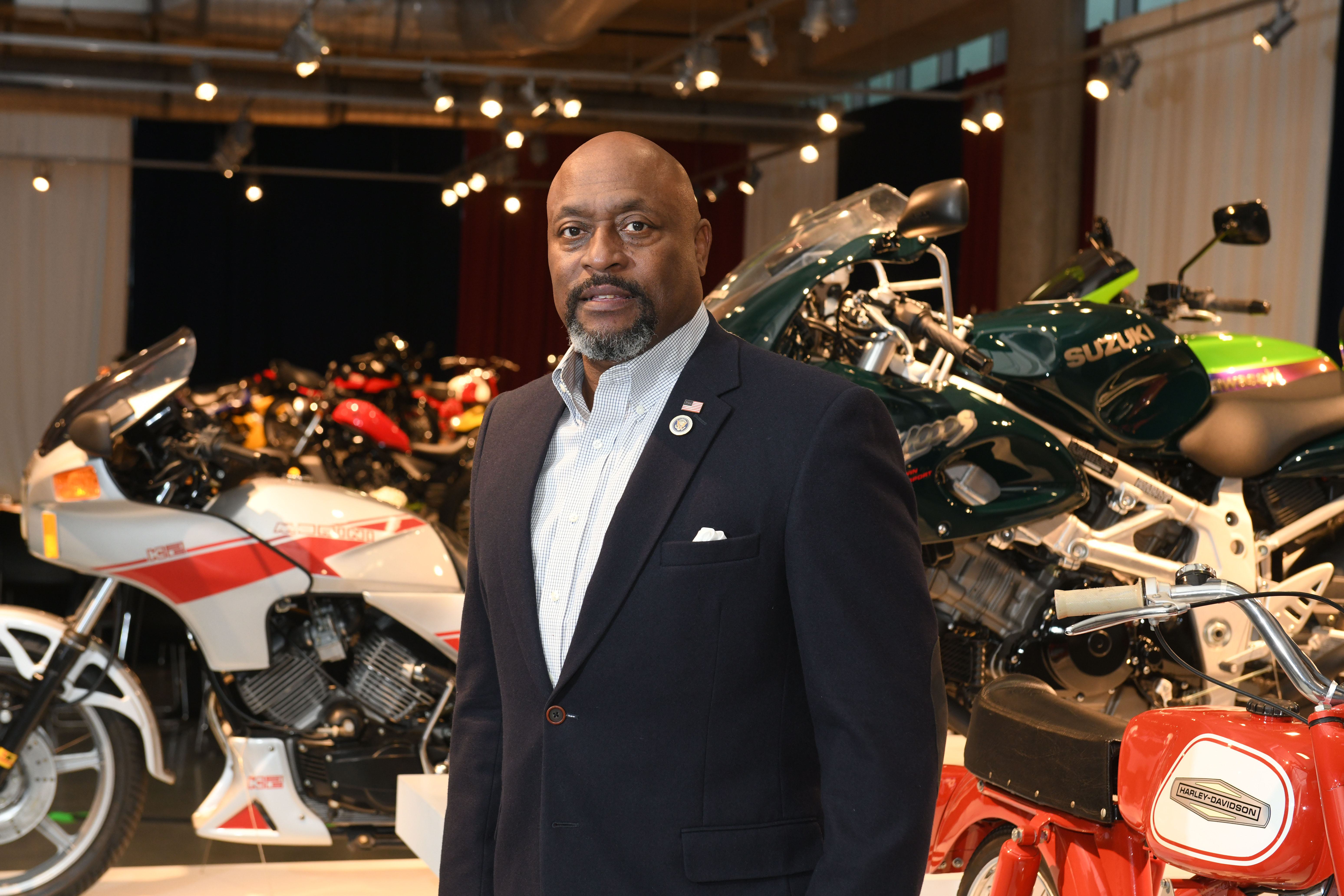This is part 2 of a 3-part series on the successful strategy of Frederick Douglass, our country’s greatest American Dream Story. These three editorials will highlight six essential principles that were invaluable to Douglass’ powerful success strategy:
1st Editorial - (1) Listening to the Stories and (2) Savoring the Songs (published on March 1st)
2nd Editorial - (3) Becoming an avid reader and (4) Courage to Act
3rd Editorial - (4) Passion for Serving and (6) Unmatched Work Ethic
Becoming an Avid Reader
According to U. S. National Park Service in Washington, D.C., Douglass had over 800 books in his private library. He read all of them and many of them more than once. They say that those seeking a Ph.D. do not read more than 200 books. In essence, Douglass had the equivalent of four Ph.Ds.
At age 12, Douglass enjoyed reading The Columbian Orator. This one book impacted Douglass’ life in a profound way. He wrote, “I was now about 12 years old, and the thought of being a slave for life began to bear heavily upon my heart. Just about this time, I got hold of a book entitled “The Columbian Orator.” Every opportunity I got, I used to read this book. Among much of other interesting matter, I found in it a dialogue between a master and his slave … the conversation resulted in the voluntary emancipation of the slave on the part of the master.”
The Columbian Orator contains speeches by George Washington, Benjamin Franklin, John Milton, Julius Caesar, Socrates, Cicero and others. In reality, this book served as Douglass' mentor. His mind was shaped and influenced by the information, values and principles of these great speakers.
The Colombian Orator, along with the Bible, equipped Douglass with the internal strength to withstand the external pressures of the slavery experience. Douglass often referred to The Colombian Orator as a “gem” and his “rich treasure.”
Dr. Lewis V. Baldwin was correct when he stated, “If we take two children and placed them in the same room ─ one can read and the other can't read ─ they may be in the same room, but they are in two different worlds.”
Even though Douglass was confined to the plantation, he was able to travel around the world and journey through time by way of books. Reading possesses the power to introduce our minds to a new, exciting world of promises and possibilities.
Douglass read for encouragement. As stated in his quote above, Douglass was greatly inspired by the dialogue between the Master and the Slave in section 21 of The Columbian Orator. As the story goes, the Slave was captured for the second time in his attempt to run away. As a result, a discussion between the Master and the Slave ensued.
In the exchange, the Master argued in support of slavery and the Slave, using impressive debating skills, presented his case for freedom. Because of the Slave’s ability to articulate his point of view effectively, the Master freed the Slave instantly.
In reading this story, Douglass discovered two significant qualities that led to the Slave being set free: (1) Intellect – the Slave was both sharp-witted and articulate; and (2) Critical Thinking Skills – the Slave was given his freedom because of his ability to think and draw his own conclusions.
The Courage to Act
At the age of 16, Douglass was assigned to live with Edward Covey, who had a reputation for being a “slave breaker” ─ using physical violence to tame or break a slave’s desire to run away. Douglass’ greatest fear and challenge while in slavery was his confrontation with Mr. Edward Covey.
Douglass stated, “This battle with Mr. Covey was the turning point in my career as a slave… I felt as I never felt before. It was a glorious resurrection, from the tomb of slavery, to the heaven of freedom. My long-crush spirit rose, cowardice departed, bold defiance took its place; and I now resolved that, however long I might remain a slave in form, the day had passed forever when I could be a slave in fact. I did not hesitate to let it be known of me, that the white man who expected to succeed in whipping, must also succeed in killing me.”
Douglass conquered his fears. He was successful in defeating Covey in a fistfight that lasted over two hours. In the midst of the triumph, Douglass’ manhood, courage and pride were restored.
Anyone who succeeds in life has overcome his or her fears and adversities. David slew Goliath. Daniel survived the lion’s den. Shadrach, Meshach and Abednego walked out of the fiery furnace. Peter walked on water. Douglass overcame slavery to become a statesman. Jesus conquered death, hell and the grave.
For me, Douglass is the epitome of having the Courage to Act. He overcame his fears by confessing his fears, confronting his fears and conquering his fears.
We are not victims. We are more than conquerors!
A former member of President Trump’s Coalition Advisory Board, KCarl Smith is the President and CEO of KCarl Consulting Group, empowering freedom advocates with the confidence, knowledge and skills to trump the race card. His column appears every Thursday in 1819 News. To contact KCarl or request him for a speaking engagement go to http://kcarlinc.com/bookingsandfees . The views and opinions expressed here are those of the author and do not necessarily reflect the policy or position of 1819 News. To comment, please send an email with your name and contact information to Commentary@1819News.com.










